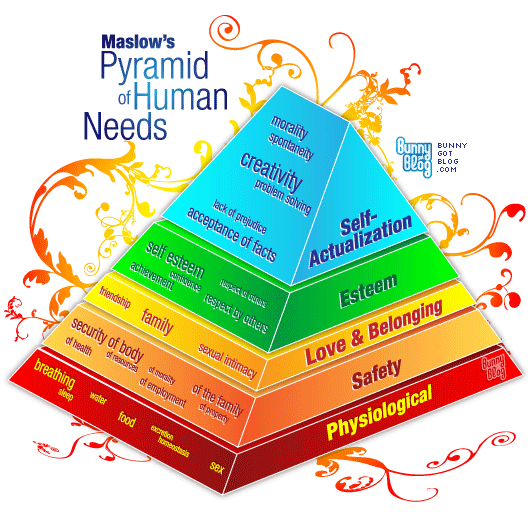Joe the Gnarled
 Sage
Sage
Has the death of the protagonist's parents as a source of motivation been done too much? Is this too cliché?
Please discuss.
Please discuss.
 Sage
Sage Sage
Sage Auror
Auror
 Auror
Auror Auror
Auror Myth Weaver
Myth Weaver Auror
Auror Sage
Sage